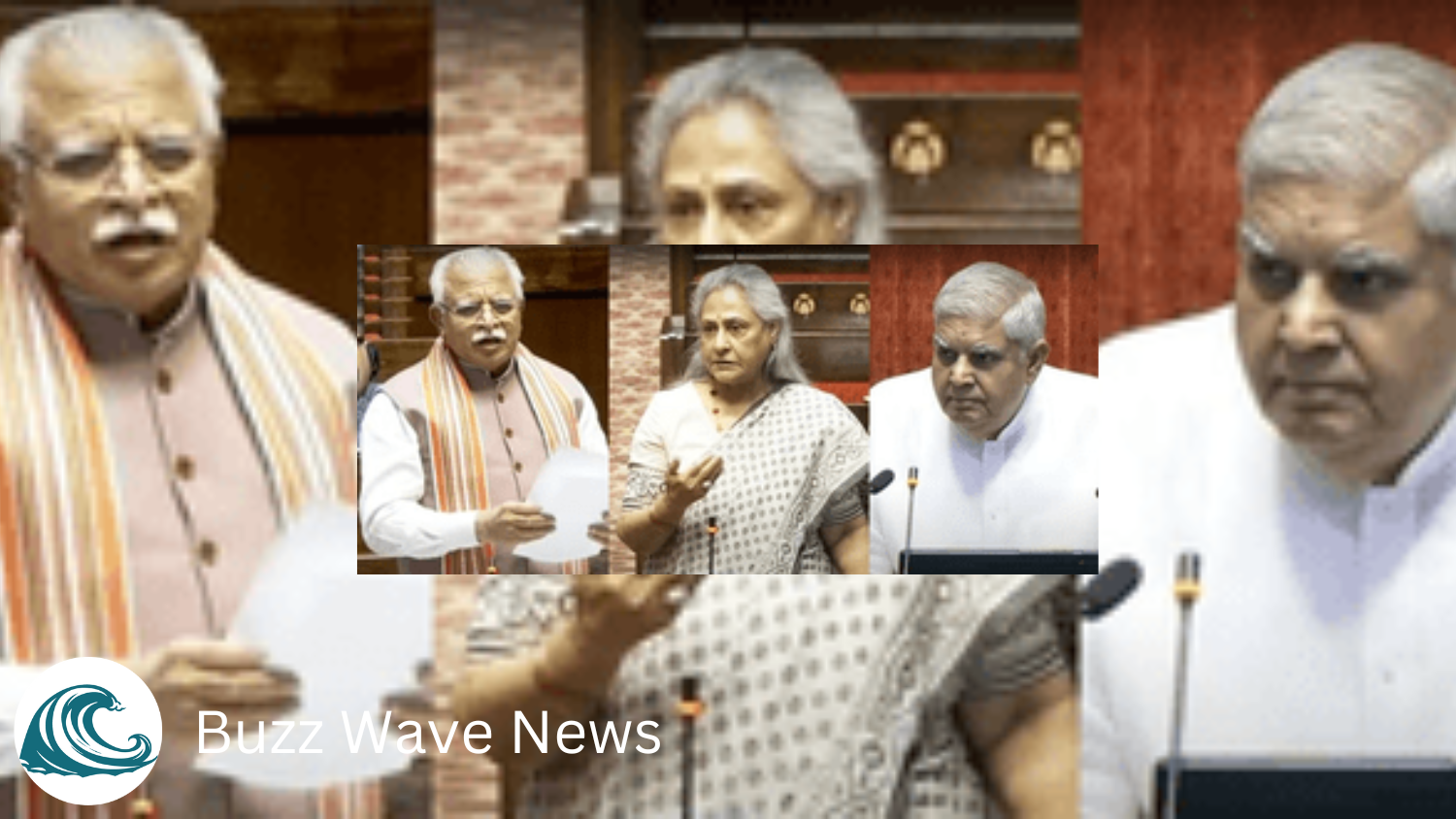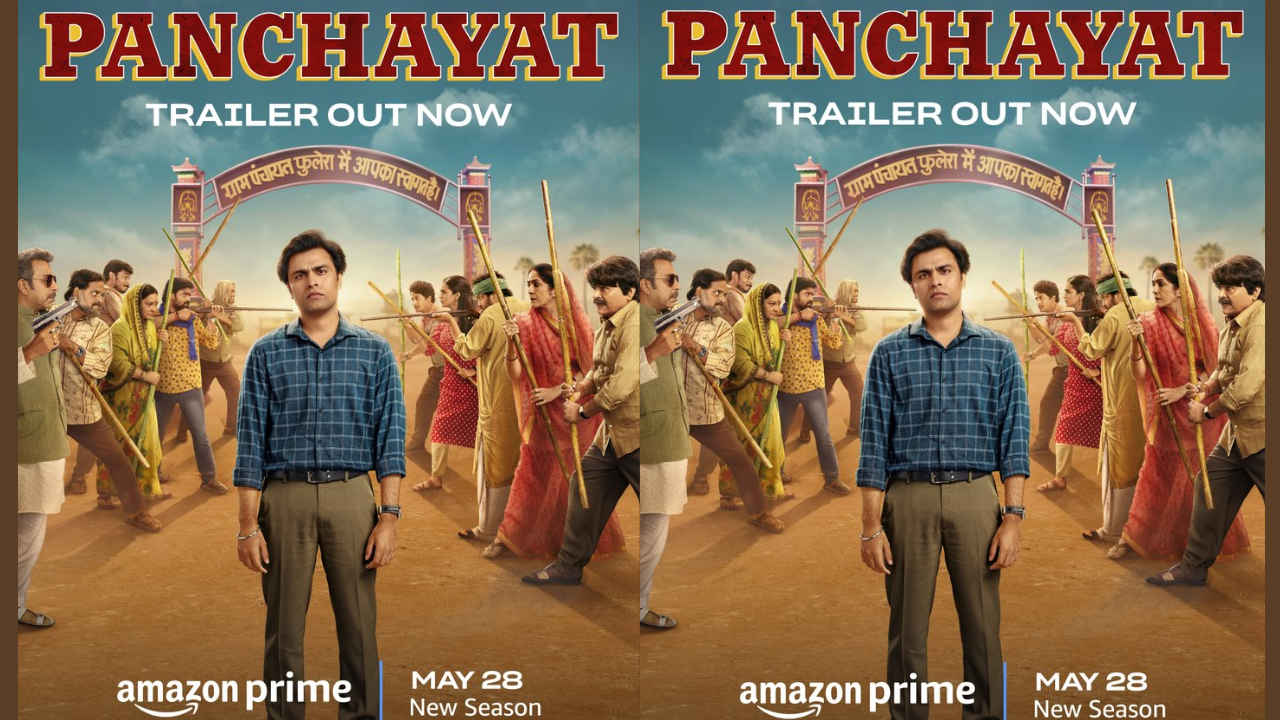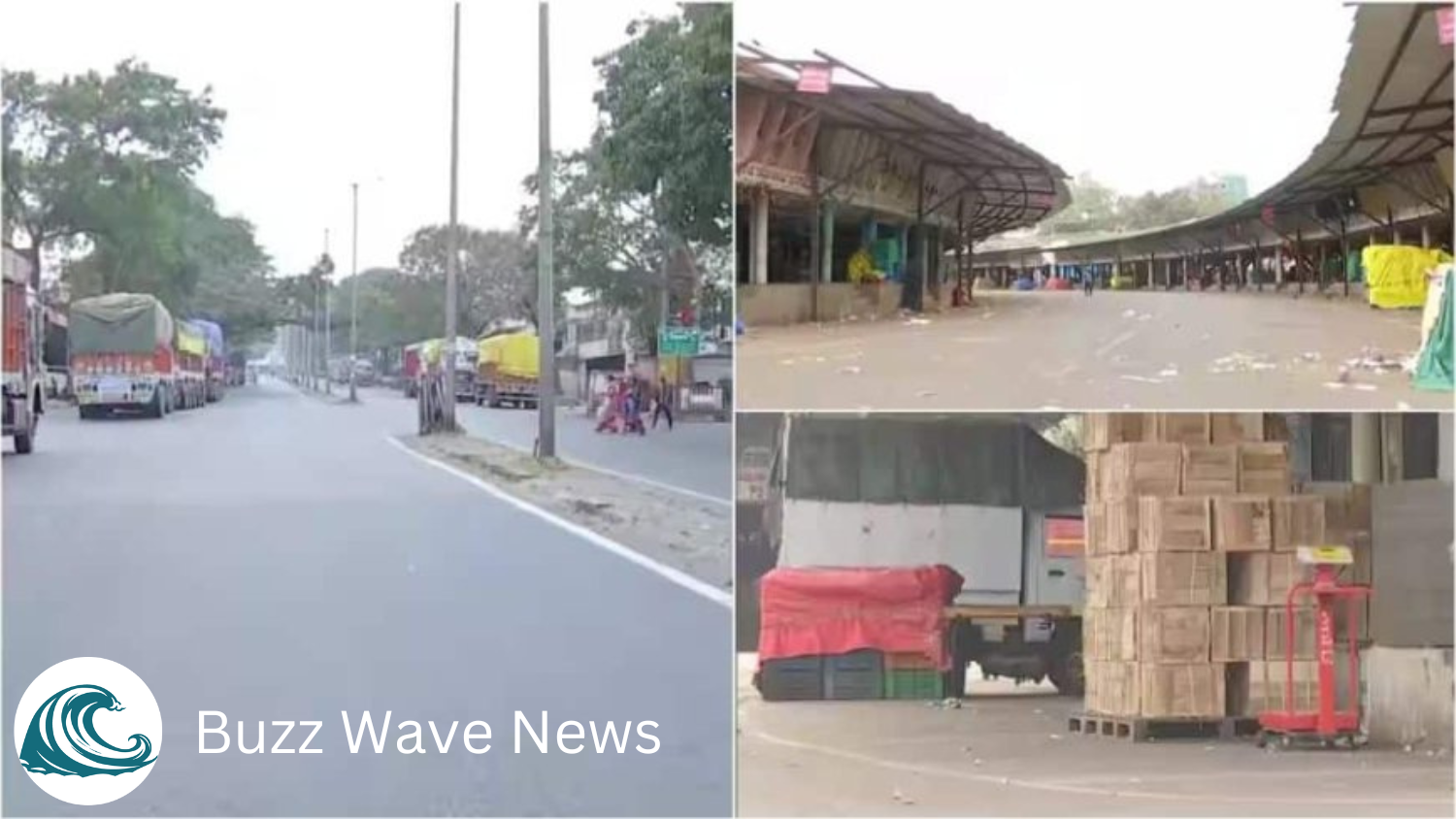In a dramatic turn of events in the Indian political landscape, the Rajya Sabha witnessed another intense clash between veteran actor-turned-politician Jaya Bachchan and Vice President Jagdeep Dhankhar, who is also the Rajya Sabha Chairman. This confrontation has culminated in a dramatic walkout by the opposition party, led by Sonia Gandhi, amplifying tensions within the upper house of Parliament.
Table of Contents
What is The Clash Unfolds?
The discord between Jaya Bachchan and Jagdeep Dhankhar erupted during a heated debate on the floor of the Rajya Sabha earlier today. The session, intended to discuss crucial legislative matters, took an unexpected turn as Bachchan and Dhankhar clashed over procedural issues and parliamentary decorum.
The conflict began when Jaya Bachchan, a prominent member of the Samajwadi Party (SP), raised concerns about what she perceived as a lack of fairness in the proceedings. Bachchan, known for her outspoken nature and previous high-profile interventions, criticized the way certain issues were being handled and the allocation of speaking time. Her remarks were aimed at ensuring that the opposition’s voice was adequately represented in the debate.
Vice President Dhankhar, who presides over Rajya Sabha sessions, responded sharply to Bachchan’s criticisms. Dhankhar, known for his strict adherence to parliamentary rules, defended the procedural decisions and countered Bachchan’s allegations. The back-and-forth quickly escalated, with both parties exchanging pointed remarks that reflected the underlying tension between the government and the opposition.
Read More Story :- Government to Forward Waqf Amendment Bill to Joint Parliamentary Panel 2024
The Opposition’s Reaction
The confrontation reached a boiling point when Sonia Gandhi, the Congress party leader and a key figure in the opposition, decided to take a stand. Gandhi, who has been a vocal critic of the current government’s approach to parliamentary procedures, expressed her dissatisfaction with the handling of the situation. She accused the Rajya Sabha Chairman of bias and undermining the opposition’s right to a fair hearing.
In response to what they perceived as a disregard for procedural fairness, members of the Congress party and other opposition allies staged a walkout from the Rajya Sabha. This move was aimed at registering their protest against the alleged mismanagement of the debate and to draw attention to their grievances over the conduct of parliamentary sessions.
The walkout, though dramatic, is not an unusual occurrence in Indian parliamentary politics. It highlights the ongoing struggle between the ruling party and opposition, often characterized by sharp disagreements and procedural conflicts. However, today’s event underscores the heightened tensions and the broader political ramifications of such clashes.
What are the political implications of the Rajya Sabha clash?
The clash between Jaya Bachchan and Jagdeep Dhankhar, followed by the opposition walkout, has sparked a wave of reactions across the political spectrum. Government officials have defended the Chairman’s conduct, asserting that parliamentary rules were followed and that the opposition’s claims were unfounded. They argue that the opposition’s walkout was a strategic move rather than a genuine protest, aimed at garnering media attention and public sympathy.
On the other hand, opposition leaders have seized upon the incident to criticize the current administration’s approach to governance and parliamentary proceedings. Sonia Gandhi and her party have used the opportunity to rally support against what they describe as a systematic attempt to stifle dissent and undermine democratic processes.
The clash also reflects broader themes within Indian politics, including the frequent confrontations between the executive and legislative branches, and the ongoing struggle for power and influence within Parliament. It underscores the challenges faced in maintaining decorum and fairness in a highly polarized political environment.
Read More Story :- Parineeti Chopra Watches Raghav Chadha’s Parliament Speech from London
How does this clash fit into India’s parliamentary history?
The confrontation between Jaya Bachchan and Jagdeep Dhankhar is part of a long-standing tradition of intense debates and clashes in the Indian Parliament. India’s legislative body has often seen high-profile confrontations that reflect the deep-seated political rivalries and the contentious nature of its democratic processes.
Jaya Bachchan’s previous interventions in Parliament have similarly made headlines, often bringing her celebrity status and political acumen into the spotlight. Her clashes with fellow politicians, including her recent disagreement with Dhankhar, highlight the role of individual personalities in shaping parliamentary dynamics.
Jagdeep Dhankhar, in his role as Vice President and Rajya Sabha Chairman, has faced numerous challenges in managing the diverse and often conflicting interests of Parliament members. His strict adherence to procedural rules and his role in moderating debates have frequently placed him at the center of controversy.
What are the next steps after the Rajya Sabha clash?
As the Rajya Sabha session continues, the immediate focus will be on the resolution of the current dispute and the restoration of order. The walkout by the opposition has added a layer of complexity to the legislative process, potentially impacting the progress of key bills and discussions.
In the longer term, the incident may influence future parliamentary sessions and interactions between the ruling party and the opposition. It serves as a reminder of the ongoing challenges in maintaining parliamentary decorum and the need for effective communication and negotiation between different political factions.
What is the key takeaway from today’s Rajya Sabha clash?
The clash between Jaya Bachchan and Jagdeep Dhankhar, followed by Sonia Gandhi’s opposition walkout, has once again highlighted the volatile nature of Indian parliamentary politics. The event underscores the tensions that characterize the relationship between the government and opposition and reflects the broader challenges of governance and legislative conduct.
As both sides navigate the aftermath of today’s events, the focus will likely shift to resolving the immediate issues at hand and addressing the underlying grievances that have surfaced. The incident serves as a potent reminder of the dynamic and often contentious nature of political discourse in India, and the ongoing struggle to balance procedural fairness with political strategy.
The Rajya Sabha’s proceedings will continue to be closely watched, with stakeholders from across the political spectrum keenly observing how these developments will influence future legislative activities and political interactions.















